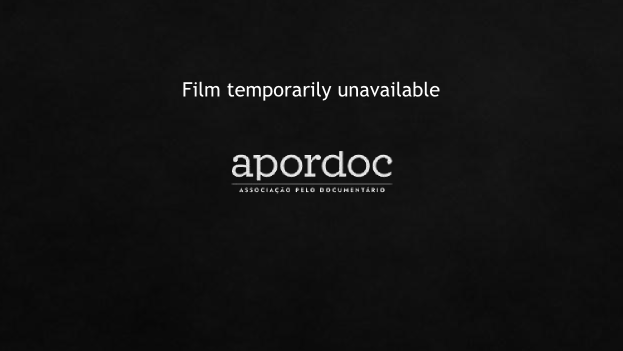
The Human Horses
Director Rosario Simanella
Countries India, Italy
Duration 54 min
Synopsis
“It wouldn't have taken so long to change my mind, the next morning when I woke up. My arms, legs, back and neck hurt so much that I made a great effort in order to stand up. My friend, Ram, had warned me. You do not become a Human Horse overnight, even when you are of the good breed of farmers. The continuous traction effort, the brutal shocks, the exhausting stunts to maintain balance, the violent stiffening, sometimes desperate, of the whole body that stops all of a sudden, all these shots are bad, especially when you have been eating very little for months and the body is already quite worn...” (From “The City of Joy” by D. La Pierre). Spring 2012, Kolkata: More than 16 million souls live or survive in this sultry agglomeration. It is here that Ibrahim, Raju and Ram trample barefoot on the dusty asphalt, while dragging their carts and their weak bodies. They are the symbol of Kolkata, practicing an exhausting, humiliating and inhumane job. They are the Human Horses. “It is not fair that in the XXI century a human being pulls another human being, it is a shame for our city and our state”, said the Minister of West Bengal a few years ago, trying to limit the emission of licenses needed by the Human Horses in order to work. For the three men, however, pulling the wagon has always been as natural as working as a farmer. The fact that there is a man on it, rather than a bag of potatoes, has never troubled them, because it is thanks to that job that they can feed a whole family. From dawn to dusk, Ibrahim, Ram and Raju lead us through their affections, their friendships, their customers and their habits. They show us a particular way of dealing with life and talking about dreams and fears. The scenario in which they move is Kolkata, the undisputed capital of degradation, a city with a disastrous urban physiognomy, a relevant box where to observe the protagonists’ anachronistic lives from.
“It wouldn't have taken so long to change my mind, the next morning when I woke up. My arms, legs, back and neck hurt so much that I made a great effort in order to stand up. My friend, Ram, had warned me. You do not become a Human Horse overnight, even when you are of the good breed of farmers. The continuous traction effort, the brutal shocks, the exhausting stunts to maintain balance, the violent stiffening, sometimes desperate, of the whole body that stops all of a sudden, all these shots are bad, especially when you have been eating very little for months and the body is already quite worn...” (From “The City of Joy” by D. La Pierre). Spring 2012, Kolkata: More than 16 million souls live or survive in this sultry agglomeration. It is here that Ibrahim, Raju and Ram trample barefoot on the dusty asphalt, while dragging their carts and their weak bodies. They are the symbol of Kolkata, practicing an exhausting, humiliating and inhumane job. They are the Human Horses. “It is not fair that in the XXI century a human being pulls another human being, it is a shame for our city and our state”, said the Minister of West Bengal a few years ago, trying to limit the emission of licenses needed by the Human Horses in order to work. For the three men, however, pulling the wagon has always been as natural as working as a farmer. The fact that there is a man on it, rather than a bag of potatoes, has never troubled them, because it is thanks to that job that they can feed a whole family. From dawn to dusk, Ibrahim, Ram and Raju lead us through their affections, their friendships, their customers and their habits. They show us a particular way of dealing with life and talking about dreams and fears. The scenario in which they move is Kolkata, the undisputed capital of degradation, a city with a disastrous urban physiognomy, a relevant box where to observe the protagonists’ anachronistic lives from.